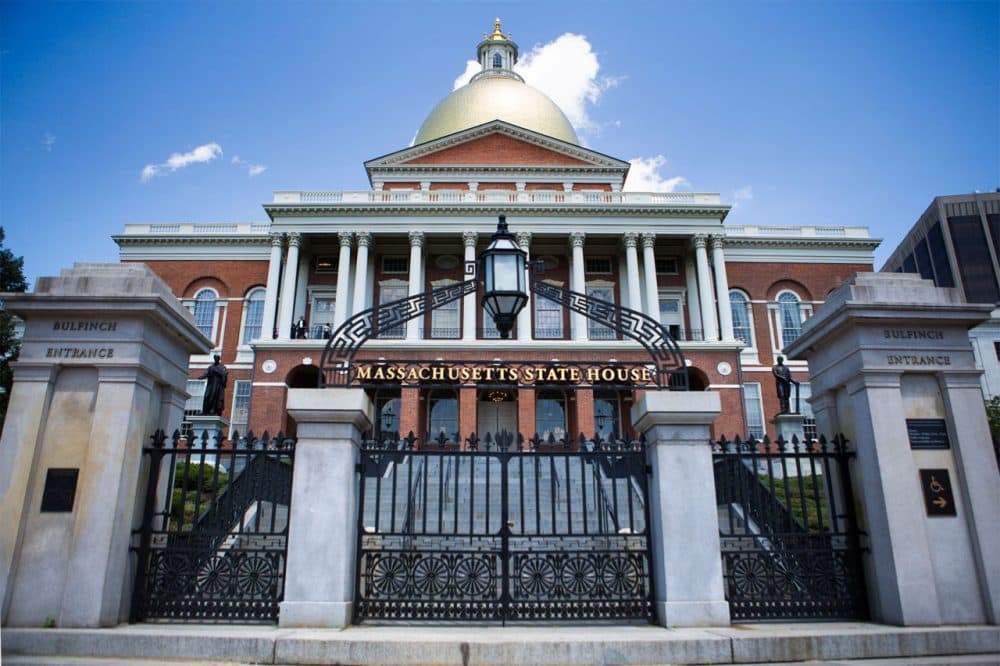Advertisement
Mass. Senate Leaders Roll Out $39.5 Billion State Budget Plan

State Senate leaders have rolled out a $39.5 billion budget plan that increases spending on local schools and public higher education.
The proposed spending plan for the fiscal year starting July 1 relies on no new taxes or fees and has a bottom line lower than budget plans approved by the House and proposed by Republican Gov. Charlie Baker.
The plan represents a 2.9 percent increase in spending over the current fiscal year.
Democratic Senate Ways and Means Chairwoman Karen Spilka said the budget includes more rental vouchers for homeless families, money to combat elder abuse, an increase in spending to fight opioid addiction and a bump in the annual clothing allowance for homeless children.
Some of the biggest spending increases in the Senate budget are focused on education.
The plan would spend more than $4.63 billion on state aid to local school districts -- about $46 million higher than Baker's proposal and $10 million over the House proposal, Spilka said.
The Senate proposal would also boost spending on the five-campus University of Massachusetts system by more than $20 million over the current fiscal year and spend an additional $24 million for the state's community college and state university system.
The budget proposal would also take the Office of the Child Advocate out from under the control of the governor's office and make it a stand-alone agency. The office investigates cases of neglect or abuse of children involved with the state.
"There is the belief by many across the state that this should be a separate, independent office," Spilka said.
The budget also addresses the state's ongoing opioid abuse crisis.
Advertisement
It would spend $1.4 million on a new task force made up of the state police, local law enforcement and the attorney general's office to combat heroin trafficking. The plan would also create a new recovery high school and increase by $5 million efforts to investigate cases of elder abuse or neglect, many of which are rooted in the opioid addiction crisis.
Spilka said despite the additional spending, the Senate budget is a fiscally responsible document.
She said the plan does not rely on any money from the state's rainy day fund and instead requires the state to deposit $211 million to help build up the savings account.
Spilka said the plan reflects Senate priorities while the House plan reflects House priorities. Before the budget process began, the House, Senate and Baker agreed on a single state revenue estimate for the 2017 fiscal year.
"We are all working from the same pot of money," Spilka said. "Unfortunately none of us have money trees. We have a pot."
The House unanimously approved its budget plan last month, calling for an overall 3 percent increase in state spending and no new taxes.
Proposed amendments to the Senate budget proposal are due by Thursday, with full debate on the spending plan scheduled for next week.